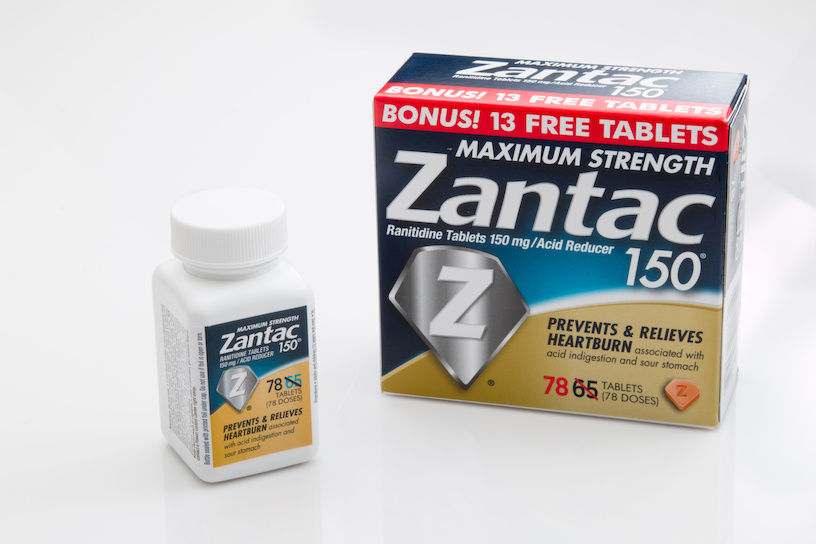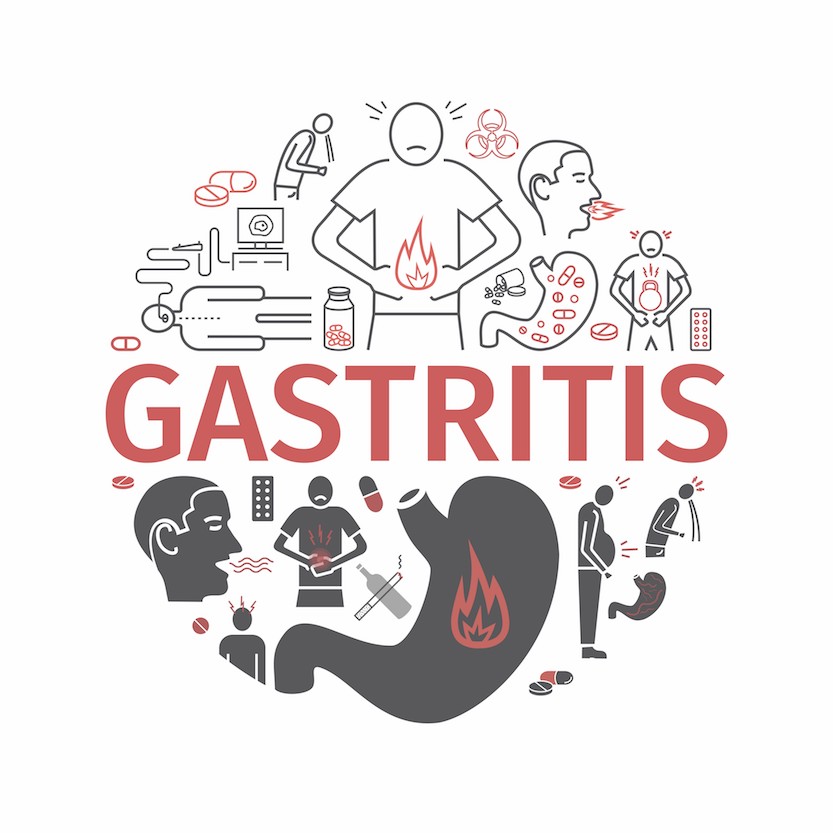Medications That Deplete Nutrients and How to Minimize the Damage
It’s been nearly 15 years since licensed pharmacist Suzy Cohen wrote her groundbreaking book, Drug Muggers: Which Medications Are Robbing Your Body of Essential Nutrients — and Natural Ways to Restore Them. A member of the Institute of Functional Medicine, the American College for Advancement in Medicine, and the American Association of Anti-Aging Medicine, Cohen effectively focused our attention on over-the-counter and prescription medications that deplete the body of essential nutrients.
In this post, I build on Cohen’s work by highlighting some of today’s common medications associated with nutrient depletion and provide guidance on how to restore the nutrients they are known to affect.

While it’s important to point out in a post like this one that some over-the-counter and prescription medications can be helpful in treating and managing various illness and relieving symptoms, it’s similarly important to acknowledge that many people don’t realize that some of these same medications can deplete their body of essential vitamins and minerals. The resulting nutrient depletion can lead to a number of health issues, creating a cycle of dependency on more medical interventions that often involve some over-the-counter and prescription medications. Being able to recognize the medications that can rob your body of what it needs to thrive and knowing how to address this issue proactively will help you maintain optimal health while managing your health.
Common Nutrient-Depleting Medications
Many medications are known to deplete nutrients. Most of these are prescription medications, but some are available over the counter, including proton-pump inhibitors (PPIs) — medications used to reduce stomach acid.
Statins (Cholesterol-Lowering Drugs)1
- Nutrient Depleted: Coenzyme Q10 (CoQ10)
- Why It Matters: CoQ10 affects energy production in your cells and has properties that protect your heart. A deficiency in CoQ10 can cause fatigue, muscle pain, and even an increased risk of heart failure, so don’t wait for symptoms to develop before acting.
- What You Can Do: If you are taking a statin, speak to your healthcare provider about supplementing with CoQ10. If your healthcare provider prescribed a statin medication and did not recommend a CoQ10, consider finding a physician who understands the pros and cons of statins and can explore additional options to treat cardiovascular disease and its associated risk factors.
If you experience muscle pain or weakness, work with your healthcare provider to switch to a different statin medication or explore alternative treatments. Here at PPROVOKE Health, we have patients who had experienced weakness for years during which neither the patient nor doctor was aware this was a side effect of a statin medication. As an aside, I can’t imagine ignoring, dismissing, or failing to address a patient’s years-long experience of weakness and fatigue. Weakness and fatigue are not normal and should be treated just as you would treat heart disease. An increase in energy and strength is usually a sign of improved health and fitness.
Proton Pump Inhibitors (PPIs) (Acid Reflux Medications)2
- Nutrients Depleted: Calcium, Vitamin B12, and Magnesium.
- Why It Matters: Long-term use of proton pump inhibitors may lead to low magnesium levels, which is associated with muscle cramps, irregular heartbeat, and seizures. Vitamin B12 deficiency can lead to cognitive issues, nerve damage, and anemia . A deficiency in calcium may increase the risk of bone fractures.
- What You Can Do: If you are taking a proton pump inhibitor such as dexiansoprazole (Dexilant), esomeprazole (Nexium), lansoprazole (Prevacid), omeprazole (Prilosec), pantoprazole (Protonix), or rabeprazole (Aciphex), the best thing you can do is work to resolve the underlying problem in your digestive tract. At PROVOKE Health, we have been working with patients for many years on resolving gastrointestinal problems using comprehensive diagnostic testing and integrative treatments to get to the root of the problem.
Our approach may include Continue reading…





